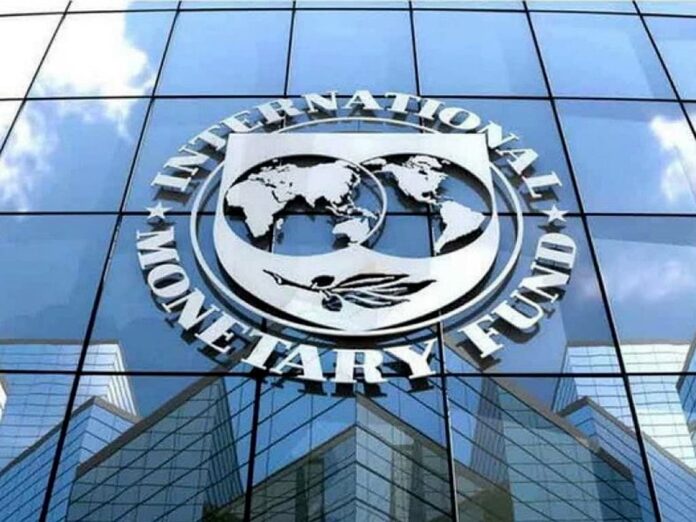IMF Calls on EU to Deepen Single Market Integration to Boost Growth
Deeper integration of the European Union’s internal market could prove crucial for boosting lackluster economic growth and productivity levels in the 27-member trading bloc, according to a senior IMF official. Alfred Kammer, the International Monetary Fund European Director, stated in an interview in Washington that the IMF estimated the potential impact of reforming the single market and integration, and the numbers were startlingly high.
The IMF expects European growth to pick up slightly this year to 1.6 percent, increasing to 2.0 percent next year, as stated in a regional economic outlook published on Friday. However, with European average per capita income levels still roughly one third lower than in the United States, Europe must do more to boost flagging productivity and growth levels, according to Kammer.
The IMF estimates that cutting internal barriers within the EU’s single market by 10 percent would lead to a seven percent rise in growth inside the EU. Kammer emphasized the need for leadership and explaining the benefits of the single market and the European Union to the populations. He also highlighted the need to change the narrative that blames Brussels for many things.
Other Ways to Boost Productivity Levels
Besides deepening regional integration, the IMF report suggested other ways to boost flagging productivity levels, including increasing digitalization and enacting structural reforms. Kammer stated that Europe has the potential to catch up in the productivity gap but current productivity growth rates are not sufficient for convergence.
Inflation on Track
The IMF report stated that European countries were on track for a “soft landing,” successfully bringing down inflation without causing a surge in unemployment or killing off economic growth. Although inflation in some European countries remains elevated, it is expected to continue falling from recent highs to 2.4 percent this year and 2.1 percent in 2025, according to the IMF.
Kammer acknowledged the recovery and substantial disinflation, highlighting it as a significant achievement. However, he cautioned that there are still “crosswinds” that could cause a reacceleration in inflation. Factors such as higher oil prices could increase inflation in Europe, although the impact has been relatively small so far.
Kammer emphasized the need to stay data-dependent and adjust policy loosening based on the baseline. While the recession has been avoided, there is still work to be done to maintain stability.
Rising Spending Pressures
The IMF report recommends that Europe’s advanced economies with high debt levels should “frontload fiscal consolidation” by raising some taxes to rebuild fiscal buffers depleted by government spending during the pandemic. Kammer stated that this is necessary to create buffers and be prepared for the next shock.
However, the report also acknowledges that spending pressures are expected to rise in the medium term. Kammer highlighted that Europe’s advanced economies will face a rise in spending pressures of 5.5 percent of GDP, on average, by 2050. This includes expenses related to climate, defense, pension payments, and interest payments. To address these challenges, creating room in the budget is essential.
In conclusion, the IMF is calling on the European Union to deepen single market integration to boost growth and productivity levels. Alongside deepening integration, the report suggests increasing digitalization and enacting structural reforms. Additionally, managing inflation and addressing rising spending pressures are crucial for long-term stability and growth in Europe.

